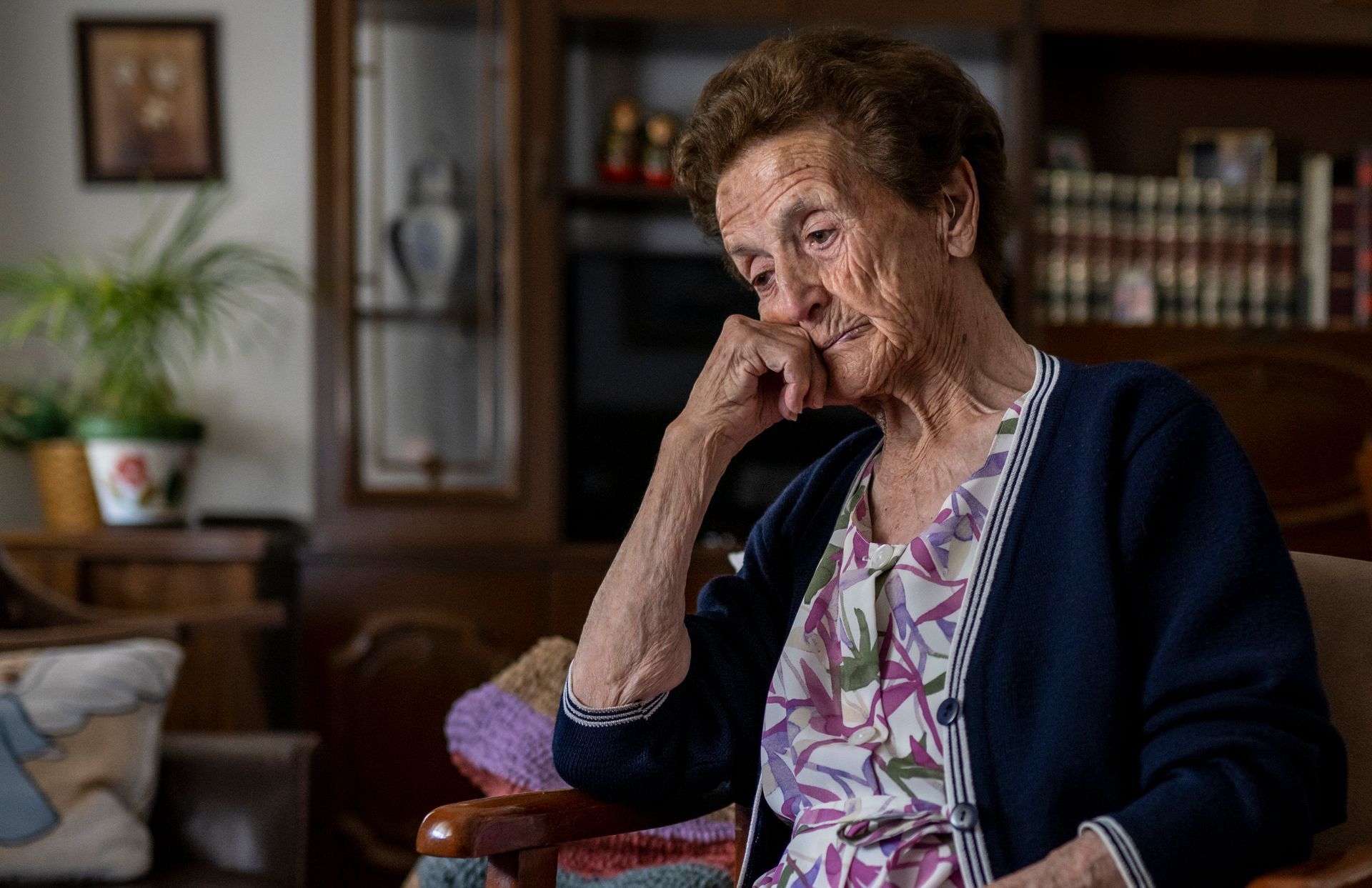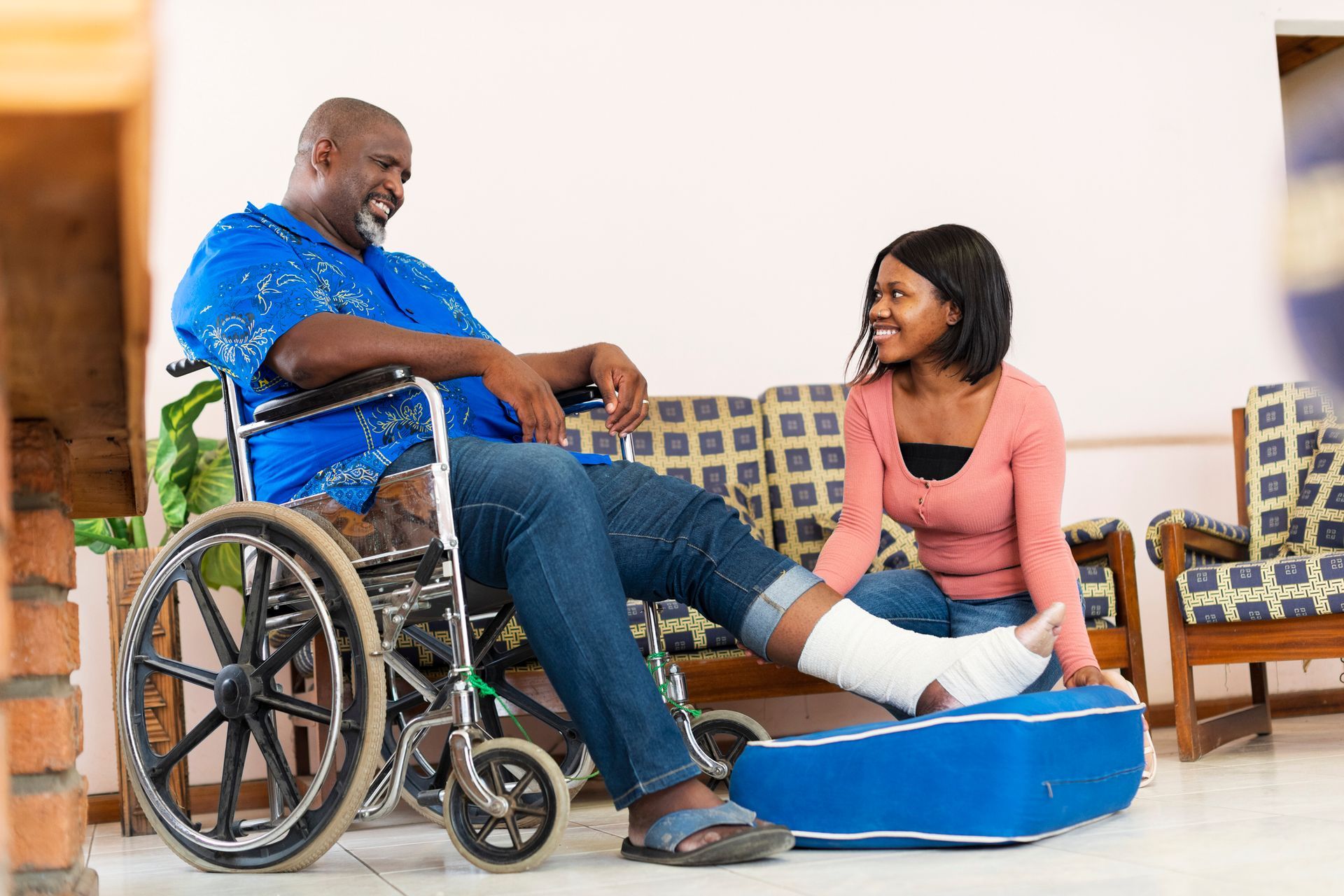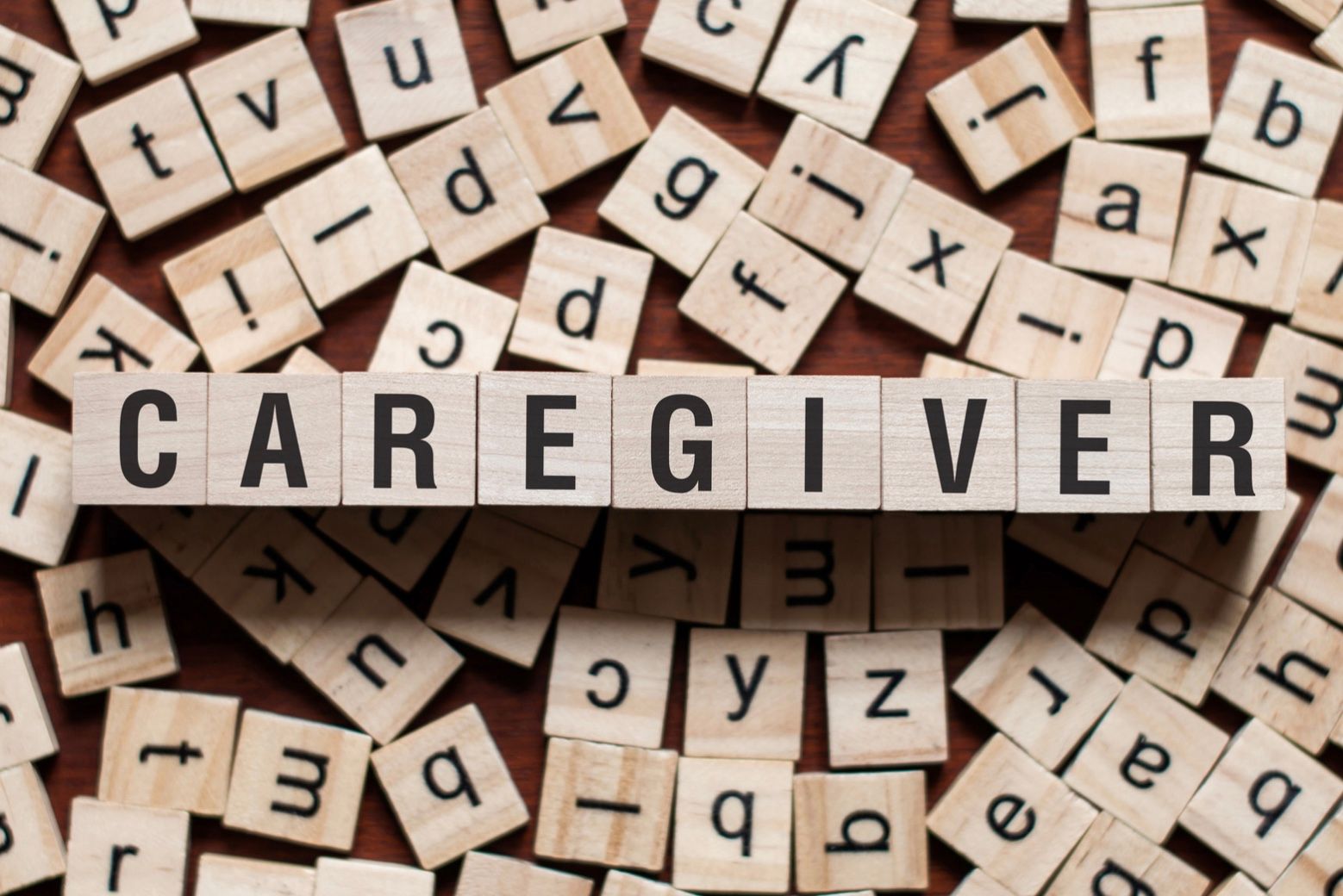A Comprehensive Checklist to Ensure a Safe Home: Homecare Agency Christian Sitters
Creating a safe and secure home environment is of paramount importance, especially for individuals receiving homecare services. As a trusted homecare agency, Christian Sitters recognizes the significance of a safe living space for the well-being and peace of mind of both clients and their families. In this blog post, we present a comprehensive checklist to help you ensure a safe and secure home environment.
1. Clear Pathways and Accessibility
- Keep hallways, entrances, and stairways well-lit and free from clutter.
- Install handrails on staircases to assist with stability.
- Remove any potential tripping hazards, such as loose rugs or cords.
- Make sure doorways are wide enough to accommodate mobility aids if necessary.
2. Adequate Lighting
- Ensure that all rooms, hallways, and exterior areas are adequately lit.
- Install nightlights in bedrooms, bathrooms, and other frequently used areas.
- Consider motion-activated lights for added convenience and security.
3. Fall Prevention
- Secure loose carpets and rugs with non-slip pads or adhesives.
- Use non-slip mats in showers, bathtubs, and near sinks.
- Install grab bars in bathrooms, particularly near toilets and showers.
- Ensure that furniture is stable and free from sharp edges or corners.
4. Fire Safety Measures
- Install smoke detectors on each floor of the house, including bedrooms.
- Test smoke detectors regularly and replace batteries as needed.
- Keep fire extinguishers readily accessible and ensure that everyone knows how to use them.
- Create a fire escape plan and practice it with all household members.
5. Medication Management
- Keep medications stored in a secure, locked cabinet or container.
- Clearly label medications and follow proper dosage instructions.
- Regularly dispose of expired medications in a safe and appropriate manner.
- Consider using pill organizers or reminder apps to help with medication management.
6. Home Security
- Install a security system with features such as alarms, surveillance cameras, and door/window sensors.
- Keep all doors and windows securely locked, especially when leaving the house.
- Consider using timers or smart home technology to create the illusion of occupancy when away.
- Use caution when opening the door to strangers, and consider a peephole or video doorbell for added security.
7. Emergency Preparedness
- Keep emergency contact numbers readily available, including healthcare providers, emergency services, and the homecare agency.
- Create an emergency kit with essential supplies, including first aid items, flashlights, batteries, and non-perishable food.
- Discuss emergency procedures and evacuation plans with household members and caregivers.
Conclusion:
Ensuring a safe home environment is crucial for the well-being and comfort of individuals receiving homecare services. By following this comprehensive checklist provided by Christian Sitters, you can create a secure living space that promotes safety, independence, and peace of mind. Remember, regular checks and open communication with caregivers can further enhance the safety measures in place.






